The “Strategic Ambiguity” is a US policy in which there is no clear party-making in a potential conflict between China and Taiwan.
The relationship between the United States and Taiwan returns to World War II, mainly in post-war US policies. Since 1980 with the recognition of the People’s Republic of China, there has been the application of ambiguous choices regarding the defense of Taiwan.
China and Taiwan also have this logic of uncertainty, since China has been increasing the military forces in the region and consequently increasing the tension, but not enough for Taiwan to declare independence, no matter how much it threatens this. But the Taiwanese Defense Minister says that by 2025 there is a great possibility of an invasion, as Chinese forces are gaining strength.
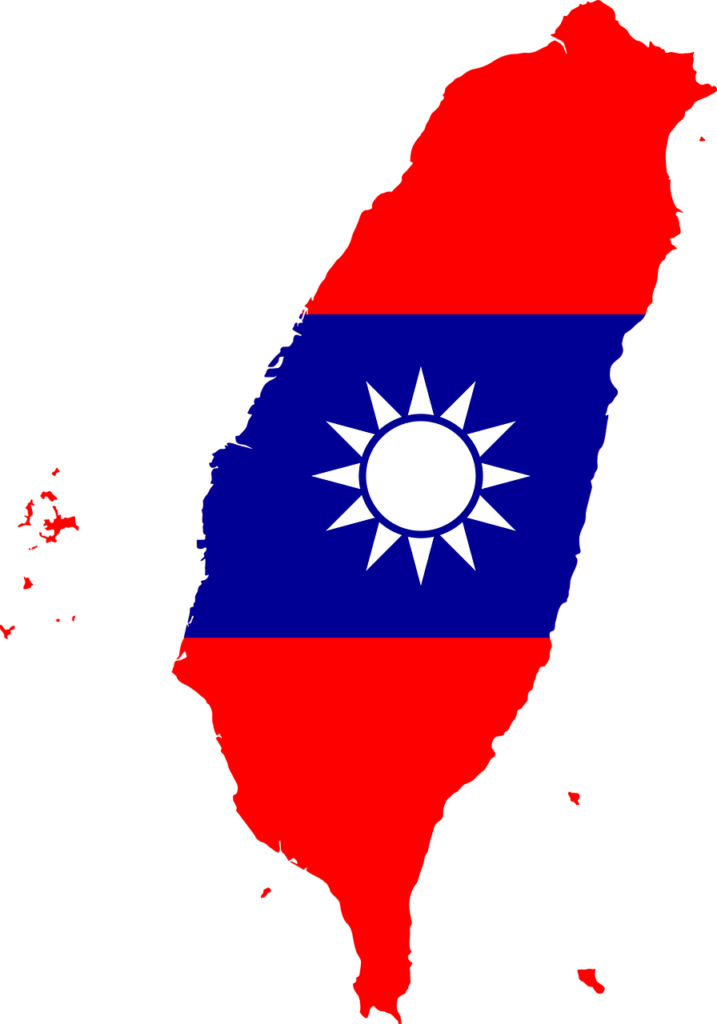
What is the US Strategic Ambiguity regarding Taiwan and how it affects the possibility of China trying to invade the island and the US in defending it
It is against this background that the statements of Joe Biden, President of the United States, in October 2021 have an impact that can change current relations. He stated that the US commitment to Taiwan is “rock solid”.
At the same time, the US Secretary of State, Antony Blinken, made statements about how Taiwan should have its own place at the UN to defend its interests.
However, mere statements do not mean concrete actions of support or security promise.
Since the government of Donald Trump this “strategic ambiguity” has been diminishing, strengthening diplomatic ties with Taiwan giving more military support (either with weapons or with training), which breaks with the “one-China policy” (one-China policy).
Experts say that this change, which remains in some way in the Biden government, is a means of asserting US military and political power in response to China. However, they observe that it is a dangerous move, since China has been growing its military and economic power on the international stage.
This policy of ambiguity occurs because there are many implications with the decision-making or not, because it is the two largest economic and military powers today. If the US declares unconditional defense of Taiwan, there would be a situation very similar to the Cold War with China. If they abandon and ignore the tension of Asia, China invades.
The biggest problem of a Chinese invasion to American power is, in addition to a growth to Asian hegemony, a loss of credibility in the democratic struggle that the United States is waging in the world. That is why it continues to sell billions of dollars in armaments to Taiwan without at the same time openly declaring military support for it.
The “Microchip” Factor in the geopolitical dispute between the United States and China
The great advantage and safety of Taiwan, which holds both the US and China, is its production of semiconductor microchips.
Your Taiwan Semiconductor Manufacturing Co. (TSMC) company owns about 53% of the world’s semiconductor supply.Taiwan’s Minister of Economic Relations, Wang Mei-Hua, said: “The global community must take Taiwan’s security more seriously so that Taiwan can continue to provide a stable service to all and be a very good partner for all”.
Taiwan claims to have an investment of 100 billion dollars in 2020 to increase its supply to 60% in the world market, which can help the economy recover from the instability after COVID.
Taiwan’s economic power over chip production ensures this security ambiguity across the United States. This is because American companies, from motorist to aviation, power generation to technology companies, and even the entire military-industrial defense sector have a great dependence on microchips produced in Taiwan.
Therefore, for the United States, the production and distribution of semiconductors is a matter of national security.In fact, there has been an effort recently for independence of domestic semiconductor production in the USA, but there is still no production system as efficient as the current one in Taiwan.
On the other side, for China, this becomes an attraction for the invasion. With Chinese industrial development, by taking Taiwan’s 53% world supply, it would become the hegemonic nation of Asia and probably the world economically. This is precisely why, too, the United States guarantees a certain security for Taiwan, as it may lose its position as the world’s largest economy and as mentioned above, easy access to microchips/semiconductors is a matter of national security for the US.
Here there is the construction of a grey area in this triangular relationship between China-Taiwan-USA, with a fragile peace and a great game of interests of the three sides. American strategic ambiguity is a way to circumvent any major consequence of this conflict, be it the loss of an economic ally or war.
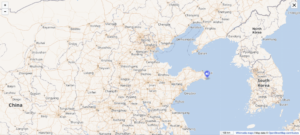

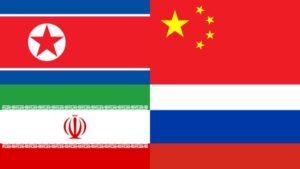
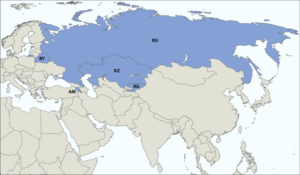


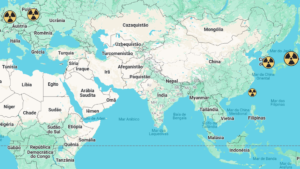


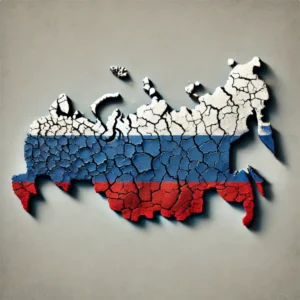
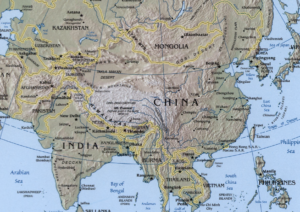






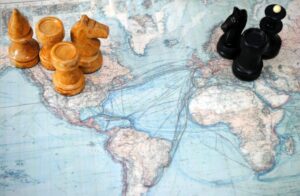

[…] major dispute involving Taiwan’s microchips is in the US strategic ambiguity with the […]
[…] 2020, China has taken more interventive actions on the market, allowing its growth but also controlling […]
[…] (with the support of the EU and the US), goes against China’s interests and shudders further to policy between Beijing-Taiwan. […]
[…] relação à China, se os EUA/OTAN mostrarem fraqueza, será um convite para China realmente invadir Taiwan. Mas, uma vez que Taiwan é o maior produtor de semicondutores do mundo, os EUA não permitiria e […]
[…] is because of this and the rivalry with the United States that a China battle for control over Taiwan, because then they would have the largest microchip production in the world in their territory. And […]
[…] Islands signed a trade agreement with Beijing that denied the legitimacy of Taiwan, which follows Chinese interests in the regional conflict. However, China says that this is just a project for the economic development of the archipelago, […]
[…] for many decades, the US has maintained a position of strategic ambiguity towards Taiwan, not making it clear whether or not it would defend Taipei in the event of Chinese […]
[…] closely at the growing tensions between Taiwan and China raises the possibility of US intervention in the event of a Chinese attack on Taiwan. In this […]
[…] not be feasible for the country as an armed attack would be a major escalation and likely lead to a military reaction of the United States and economic reaction of the European […]
[…] China, if the US/NATO show weakness, it will be an invitation for China to invade Taiwan. And since Taiwan is the biggest producer of semiconductors in the world, the US won’t allow […]